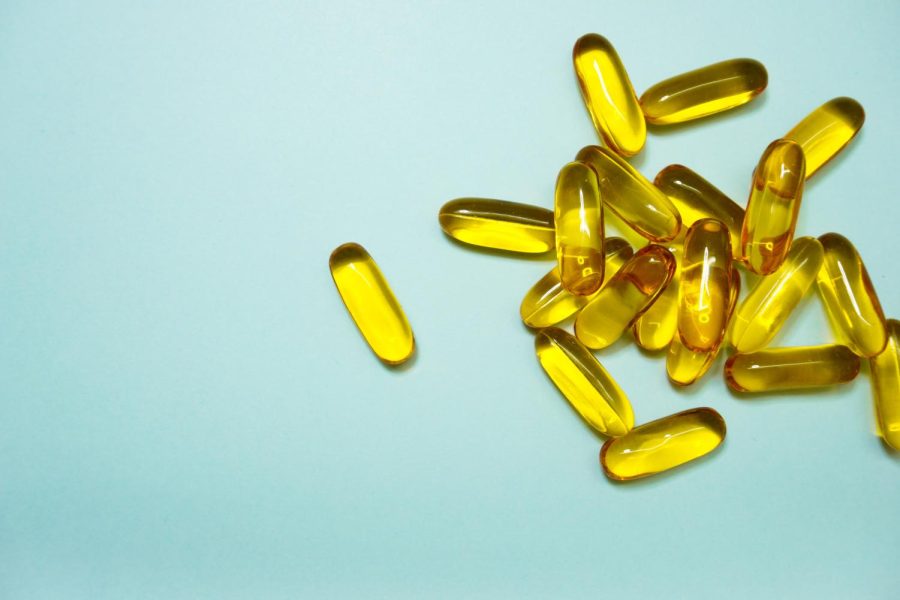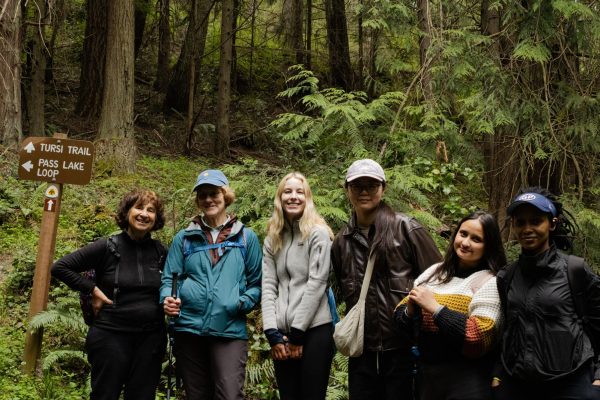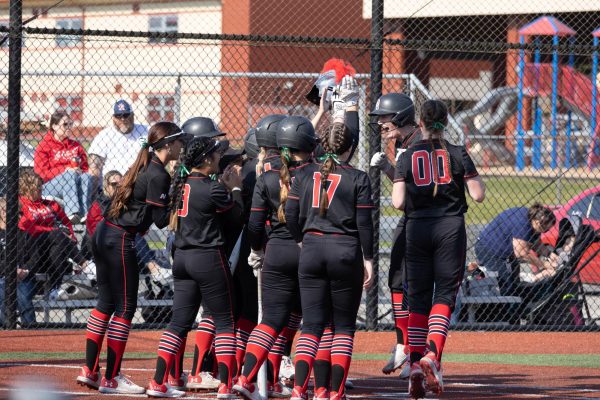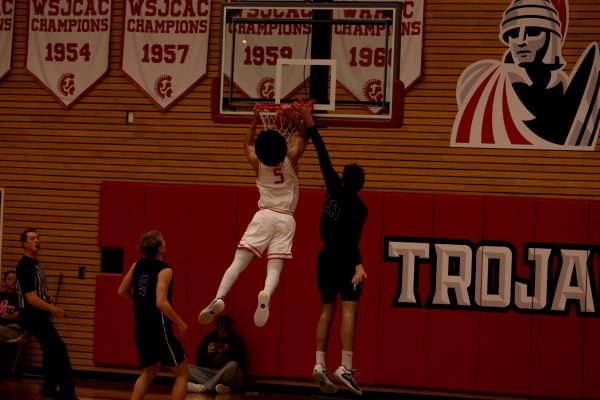Are EVCC Students Getting Enough Vitamins?
Fish Oil is a vital omega-3 fatty acid need in our daily diet.
Vitamin deficiency is far more common than one might believe. A study done by the Journal of the International Society of Sports Nutrition analyzed the diets of multiple athletes and it was found that over 70 percent of those analyzed were deficient in one or multiple vitamins. This fact does not exclude Everett Community College’s student body. The average college student can barely be expected to fit three meals into a day, how can students and student athletes be expected to get all of their daily vitamin goals in?

Vitamin deficiency is dangerous; each particular vitamin type has something that our body needs to function at its highest and you can’t be successful in your daily life as a student without it. According to Heather Mitchell, Health and Wellness director at the Stanwood Camano and Everett YMCA, “something as simple as a daily multivitamin can do wonders for your body, not just physically but mentally and emotionally.” The brain is highly affected by what we put into our body and it cannot run properly without proper nutrients.
Mitchell adds that some notable supplements that can make an immediate impact are as follows:
Ashwagandha: Helps manage stress levels in the body.
Probiotics: Can help increase brain health, strong immune system, improved mood and healthy sleep.
Vitamin D: Is especially important here in Washington as the human body will not naturally start producing this vitamin until early June, even if the sun is out. This is due to our geolocation on the Earth. Vitamin D has been linked to improved mental stability and strong bones.
Fish oil: In America a lot of the food around us is fatty and full of cholesterol. Fish oil is a natural omega-3 fatty acid that helps naturally lower your cholesterol levels as well as lower blood pressure and clear up your skin.
“You should attempt your hardest to receive your vitamins from the food you eat as the body directly absorbs all of the nutrition consumed through food. But, the fail safe of Vitamins is almost a necessity for college students,” Mitchell said.
This sentiment rings especially true for student athletes according to track athlete and All-American Drew Hill. “Vitamins and supplements keep me going,” he says,”my body needs them, not just to run, but to recover so I can do it all over again the next day.”
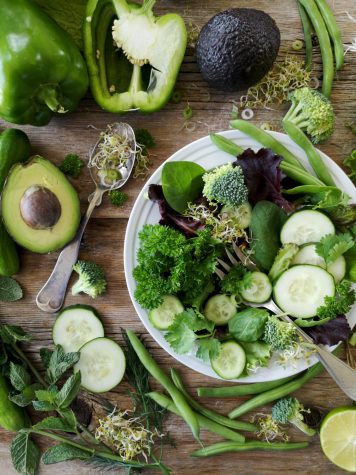
If you’re worried about possibly suffering from a vitamin deficiency and want to see what you might not be getting enough of in your diet, download a daily vitamin tracker. CareClinic Is one of these apps where you log what you eat for a few days or just imput a normal daily diet for yourself. If anything sticks out and is frighteningly low, make a mental note of it and either try to eat more foods rich in said vitamins or make a trip down to your local grocery store and pick up a supplement of that vitamin.
We work hard as students and our body and mind work even harder. Sometimes all you need is just a few extra vitamins and minerals to make a huge impact on you, your education and your overall happiness in your life around you.

How does the Clipper fit into your long term goals?
The Clipper gives me real newspaper experience that can help me determine if this is a life long passion...

